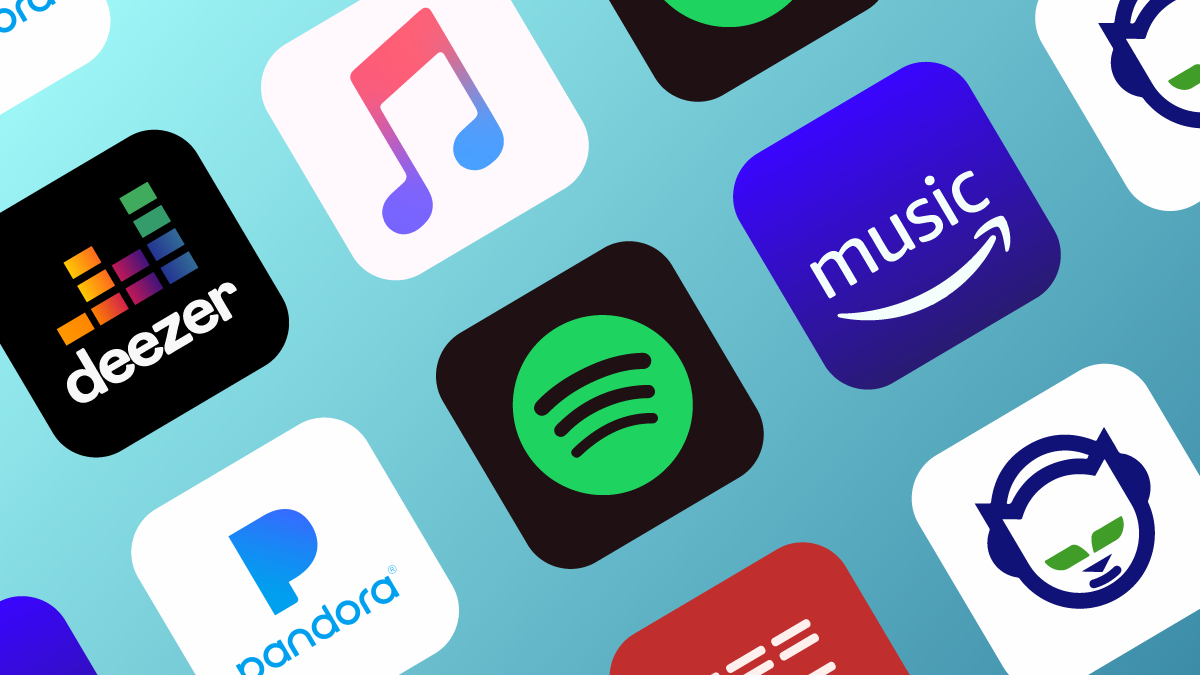Pulse of Information
Your source for the latest insights and updates.
Stream Dreams: How Music Streaming Changed the Way We Listen
Discover how music streaming revolutionized our listening habits and reshaped the music industry. Tune in to the future of sound!
The Evolution of Music Consumption: From Vinyl to Streaming
The history of music consumption is a fascinating journey that reflects changes in technology, culture, and consumer behavior. Starting with vinyl records in the early 20th century, music was primarily shared through physical formats that required dedicated equipment and vinyl collections. As technology advanced, cassettes and CDs emerged, providing more portability and convenience for music lovers. Each of these formats introduced unique listening experiences, from the rich, warm tones of vinyl to the crystal-clear sound of CDs. The tactile nature of handling records and the artwork associated with them created a certain connection between the listener and the music.
In the 21st century, we have witnessed a dramatic shift towards streaming as the dominant method of music consumption. The rise of digital platforms such as Spotify, Apple Music, and YouTube has reshaped the way audiences access and enjoy music. Today, listeners can explore millions of songs at their fingertips with a simple click, eliminating the need for physical storage. This transition has not only transformed how artists distribute their work but has also changed the very definition of music ownership. While some lament the loss of the physical album experience, the convenience and accessibility of streaming have opened up opportunities for both emerging and established artists to reach global audiences like never before.

How Algorithms Shape Our Listening Habits on Streaming Platforms
The rise of streaming platforms has revolutionized the way we consume music, but algorithms are at the heart of this transformation. These complex systems analyze user data to personalize listening experiences, shaping our musical journeys in ways we may not even realize. By examining factors such as listening history, favorite genres, and even the times we play certain tracks, algorithms curate playlists that feel uniquely tailored to our tastes. This personalization often leads to a cycle where we continuously discover new songs, but it also risks creating an echo chamber that limits our exposure to diverse genres and artists.
Moreover, the impact of algorithms extends beyond simple song recommendations. They influence chart rankings and artist visibility, which in turn affect what users feel is popular or trending. When a particular song is pushed to the forefront through algorithmic promotion, it can create a feedback loop; more streams lead to higher placements, which then prompts even more listeners to engage with that content. As we navigate our playlists, it’s essential to be aware of how these algorithms not only shape our immediate choices but also contribute to broader trends in the music industry.
Are We Losing the Art of Album Listening in the Age of Singles?
In today's fast-paced digital landscape, the way we consume music has undergone a significant transformation. With the rise of streaming platforms and playlists, many listeners are increasingly gravitating towards singles rather than full albums. This shift raises the question: are we losing the art of album listening? Albums traditionally served as a cohesive artistic expression, allowing artists to tell stories or explore themes over the span of several tracks. In contrast, the accessibility of singles can lead to a fragmented listening experience, where listeners might miss out on the depth and context that a well-crafted album can provide.
Furthermore, the focus on singles has negatively impacted the music industry in various ways. Artists often feel pressured to release catchy hits rather than investing time in creating full-album concepts. This change can dilute the creative process, leading to a decrease in the richness of musical expression. As we navigate the age of instant gratification, it is essential to remind ourselves of the value of experiencing an entire album. Engaging with an album not only enhances our appreciation for the artist's work but also fosters a deeper emotional connection to the music itself, making us ponder whether we are indeed losing the art of album listening.